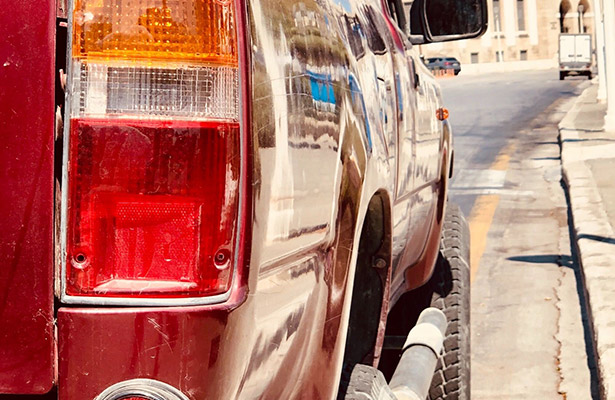
An expensive piece of equipment, purchasing an air compressor needs to be carefully considered as there are a range of options available for different intended uses. Between petrol, diesel, electric and hydraulic – each type of air compressor is equally as effective, but one might be more suitable for your application than the other. At Mobile Energy Australia, we specialise in selling portable air compressors with a wide range of in-house brands available for purchase. Today, we’re focusing on petrol air compressors and looking at 3 things to consider when purchasing a petrol air compressor to help make your buying decision that little bit easier.
What is a Petrol Air Compressor?
A petrol air compressor, simply described, is an air compressor that uses petrol to power its engine. Petrol air compressors are relatively affordable, with many air compressor buyers on a budget opting for a petrol over their diesel counterpart. However, this does not mean that their quality is compromised by any means, with many petrol air compressors performing exceptionally in heavy duty works. Petrol air compressors are often favoured by MEA customers due to the amount of control a petrol machine gives them in terms of power output and fuel usage. This is especially important for users who are trying to conserve the amount of fuel they’re using, especially for high-power jobs. The reason why petrol air compressors are so flexible is because they can be seamlessly calibrated to match the need of your task, so long as you choose a compressor that matches the machine requiring the highest PSI or CFM.
To give an example, if you only require a low output, you can easily alter the functions of your petrol compressor to result in a lower fuel consumption, which means low wastage and low noise levels. Petrol compressors are also considered cheaper to run, simply because you can monitor the usage so seamlessly. Mobile Energy Australia stock three different petrol air compressors; the Smartpack 35-p Plus, the Smartpack 70-P and the Smartpack 35-P.
Air Pressure (PSI)
Naturally, one of the most important things to consider when buying a petrol air compressor, or any air compressor for that matter, is its air pressure (PSI). An air compressor’s PSI is an indicator of how powerful the air is that’s being produced and when shopping for an air compressor is vital to know. This is because in order to power a tool that requires for instance, 150PSI, your air compressor must have a PSI of at least 150. Therefore, it’s recommended that you find your tool with the highest PSI and purchase a petrol air compressor that matches this. At the same time, it’s important not to power tools that don’t require as high PSI with too much air pressure as this can damage tools. This is why a petrol air compressor’s flexibility is so great and allows the user to seamlessly switch between lower PSI levels.
Duty Cycle
An air compressor’s duty cycle refers to the ratio between when your compressor is working its hardest and when it’s in its resting or cooling down phase. You’ll often find that compressors that operate more than 60% of the time will tend to become faulty at a faster rate and not work as well as they should. If you know that you’ll be using your compressor quite frequently, you may want to investigate a petrol air compressor that has a larger duty cycle and a bigger tank compressor.
Free Air Delivery (CFM)
Free air delivery, otherwise known as CFM, is the measure of volume of air that’s produced by a compressor. This is important to know if you have a variety of air tools you plan on operating at once, where you will need to total the CFM requirements of all the tools to ensure your compressor’s CFM is either equal or surpasses it.
At Mobile Energy Australia, we sell a wide range of portable air compressors, including a selection of petrol-powered compressors. For more information about our entire range, contact us on 3273 6803.
